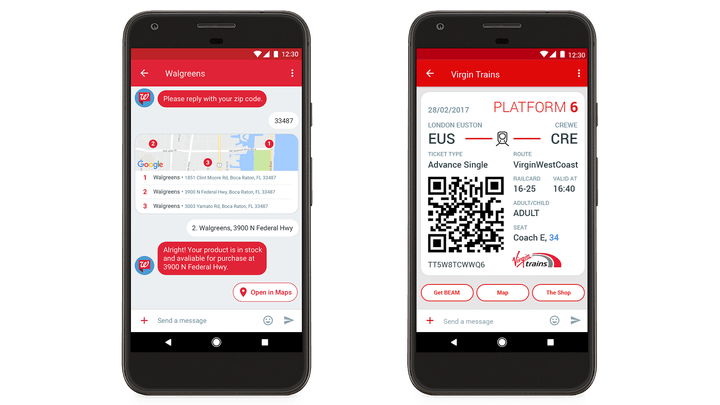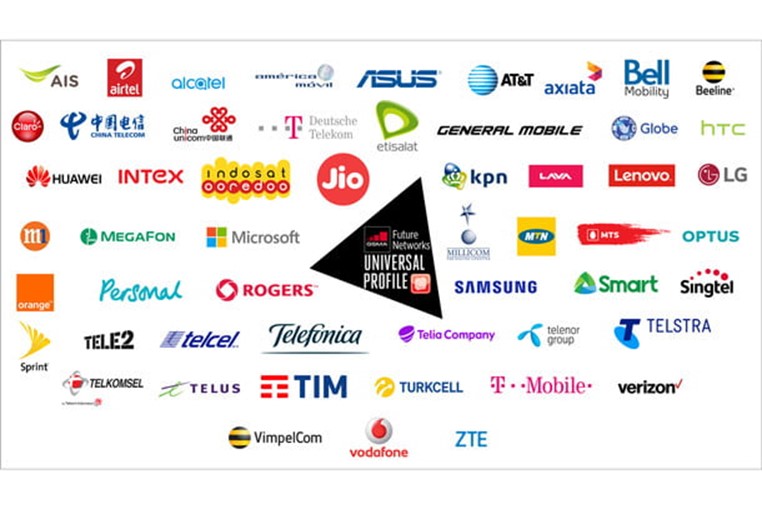
SMS was first proposed in 1982 for the Global System for Mobile Communications. The initial idea was to transmit texts via the signaling systems that controlled telephone traffic. ETSI engineers developed a framework that was small enough to fit into the existing signaling paths. From then on, handset manufacturers including Nokia and carriers like Fleet Call (now Nextel) and BT Cellnet (now O2 UK) began using SMS.
Rich Communication Services (RCS) is the protocol that will eventually replace SMS. In 2018, Google announced it had been working with major cell phone carriers worldwide to adopt RCS. The result is Chat, a protocol based on the RCS Universal Profile. Chat is evolving to look like iMessage and other messaging apps.
Chat is hardware agnostic, so it will work across multiple devices. But Chat does not offer end-to-end encryption like iMessage or Signal. It’s possible that Chat could work on iOS, though Apple has yet to support the protocol.

Carrier updates
Last fall, the four major U.S. carriers — Verizon, AT&T, T-Mobile, and Sprint — formed the Cross Carrier Messaging Initiative, a joint venture to concentrate on standardizing RCS, working independently of Google.
- Sprint: While Sprint has already rolled out RCS Universal Profile, and was the first to do so, you’ll need a supported device to take advantage of it — and you’ll need to be talking to someone with a supported device too. It’s now running the latest Universal Profile and all Sprint’s Android devices are RCS-capable for messaging to communicate with both Sprint customers and those on other supporting carriers.
- T-Mobile: T-Mobile has begun rolling out RCS Universal Profile to some smartphones and has enabled RCS using an older version of the universal protocol. Subscribers can access features like 100MB file transfer, 100-member group chats, and typing indicators but not chatbots, sender verification, and business messaging featured on the newer versions. It’s supported on most Android phones manufactured in 2018 or later.
- AT&T: AT&T has agreed to the RCS standard, but there’s still no definitive word on a rollout.
- Verizon: Verizon is rolling out RCS to supported its phones. Most Verizon phones support RCS messaging with the Verizon Message Plus app, but because it is not the Universal Profile, it only works with other Verizon devices. Known devices that do support the universal profile include Google Pixel 3, 3a, and 4 series, Samsung Galaxy S9, S10, and S20 series, and the Samsung Galaxy Note 10 series.
- Google Fi: Google Fi now supports RCS on all Fi phones.
- US Cellular: US Cellular is running the latest universal profile so that all US Cellular Android devices can communicate via RCS messaging if the recipient supports the protocol.
- Prepaid wireless carriers in the U.S. got into the RCS act. Among the ones that now support the universal profile are: Boost Mobile, EcoMobile, Freedom Mobile, NTT DoCoMo, Straight Talk, Telcel América, Tiercel Wireless, Ting, Total Wireless, and Virgin Mobile.
Auto251
What is RCS messaging? Everything you need to know about the SMS successor